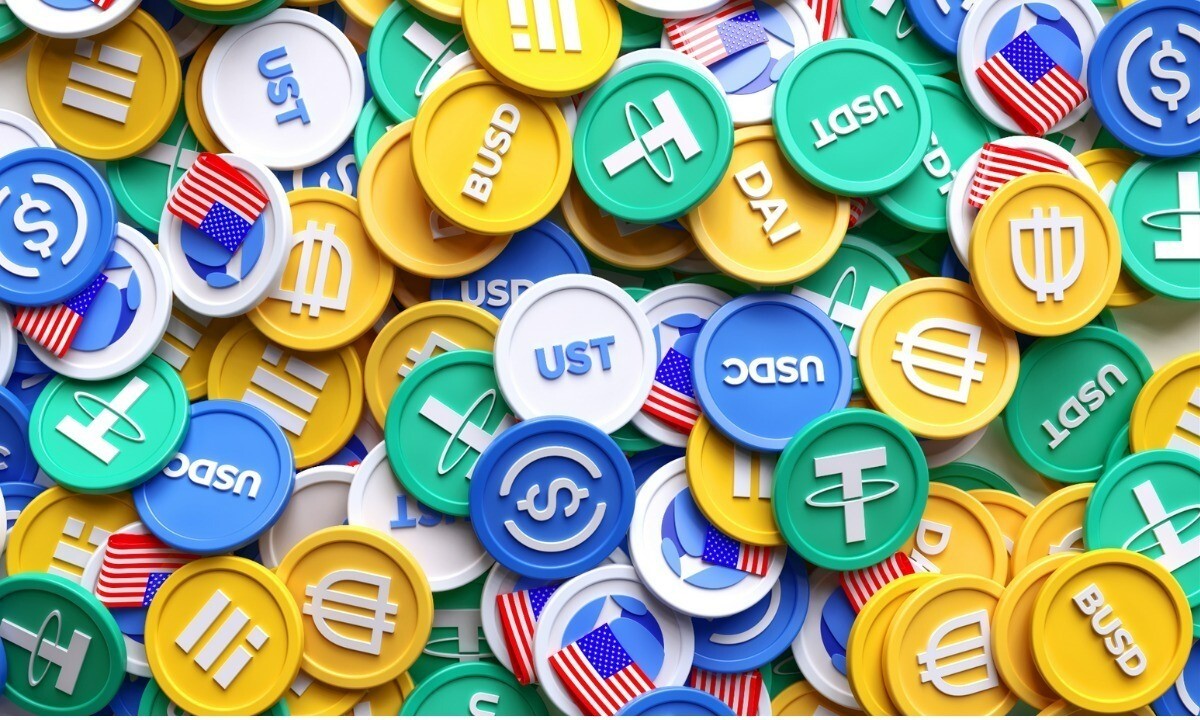您想继续阅读英文文章还
是切换到中文?
是切换到中文?

THINK ALUMINIUM THINK AL CIRCLE

Russian commodities firms, grappling with the challenges of executing financial transactions with their Chinese counterparts, have turned to a new opportunity for a solution - stablecoins, as reported by Bloomberg.

A stablecoin is a cryptocurrency that maintains a fixed value by being linked to a stable asset. Unlike typical cryptocurrencies, stablecoins are pegged to assets like fiat currencies, such as the U.S. dollar or the Euro, and can be traded on exchanges.
This innovative approach is helping to bypass traditional financial hurdles, marking a significant shift in how international trade is conducted. Stablecoins, digital currencies pegged to stable assets, offer a reliable alternative, ensuring seamless and secure transactions in the increasingly complex global market. As these firms embrace this digital revolution, they pave the way for broader cryptocurrency adoption in cross-border trade, highlighting the evolving landscape of international finance.
According to the report, two leading metal producers, who remain unsanctioned, have started using Tether Holdings Ltd.'s stablecoin and other cryptocurrencies to settle certain cross-border transactions with predominantly Chinese clients and suppliers. However, top executives at these companies, who requested anonymity because the information is not public, some of these settlements are processed through Hong Kong.
The fact that large Russian firms are now adopting blockchain technology, two years after the Ukraine-Russia geopolitical crisis, highlights the enduring impact of international restrictions imposed in response to the conflict on the economy. Russian companies involved in commodities such as metals and timber have encountered difficulties receiving payments for their products and acquiring equipment and raw materials since the onset of the war. These challenges persist even for non-sanctioned companies, though many have been subjected to multiple penalties from the US, the European Union, and their allies.
Even in China, which has not participated in international sanctions and has emerged as a key market for Russian exports and a supplier of goods and equipment, financial transactions have become more challenging this year. This is mainly because the US Treasury Department has threatened secondary sanctions against banks that aid in evading sanctions, prompting stricter compliance measures.
Responses








